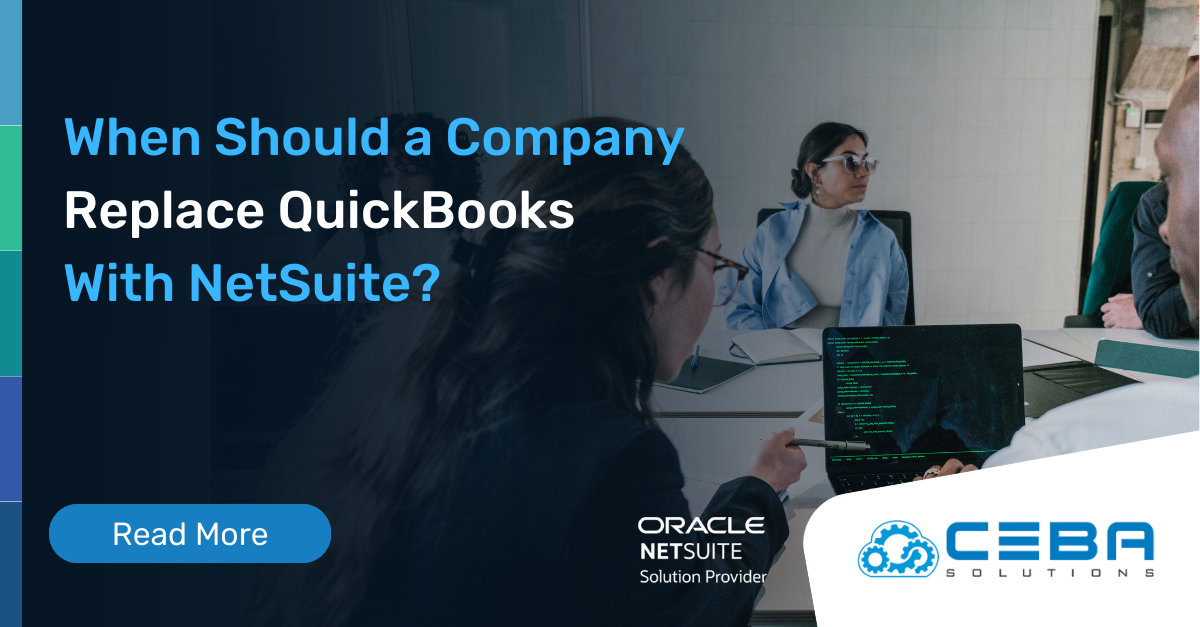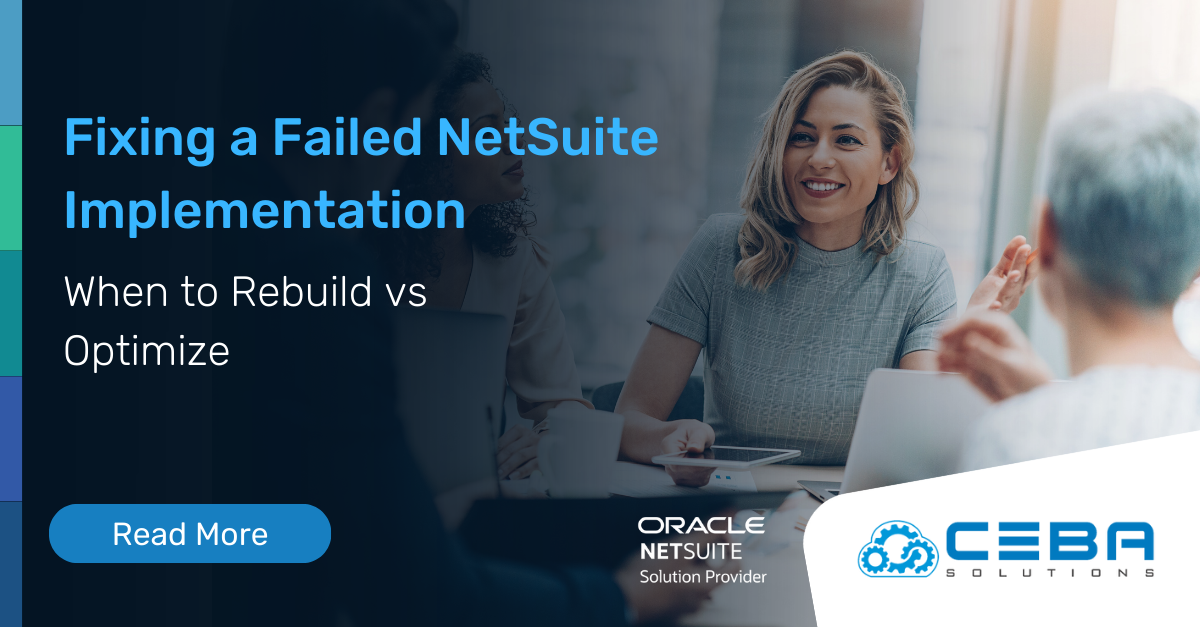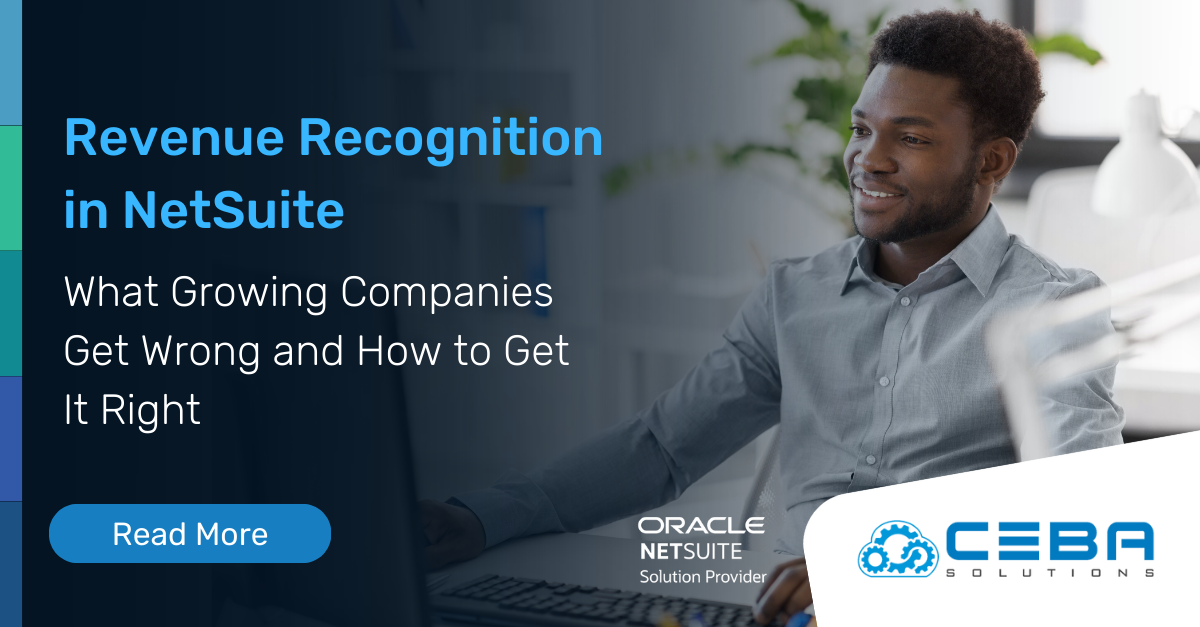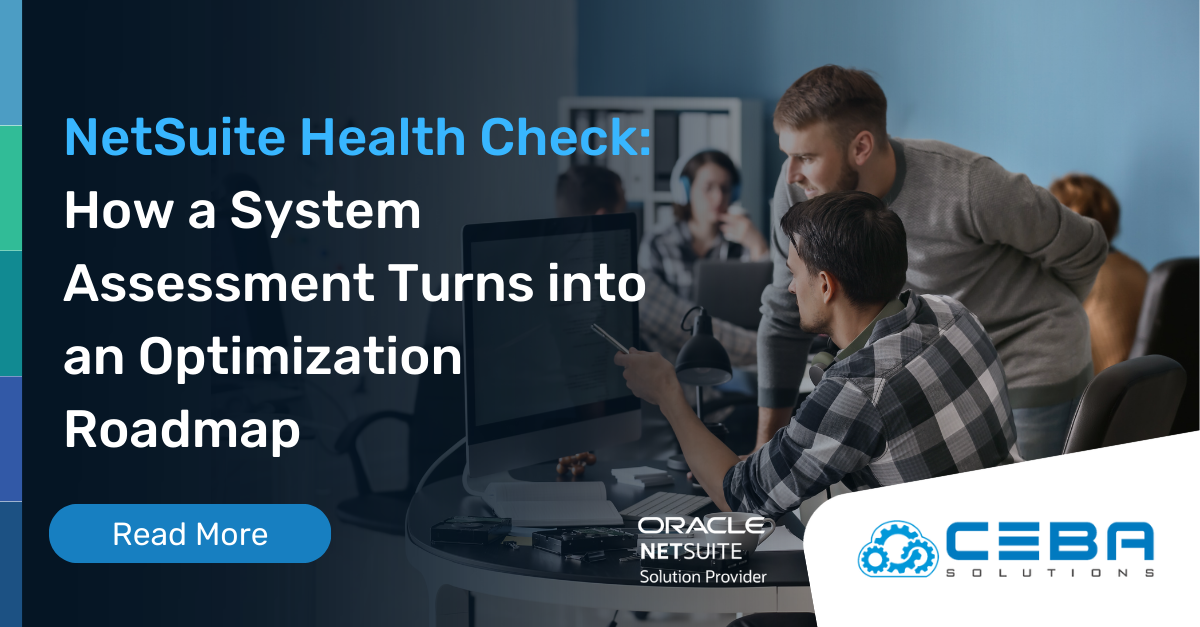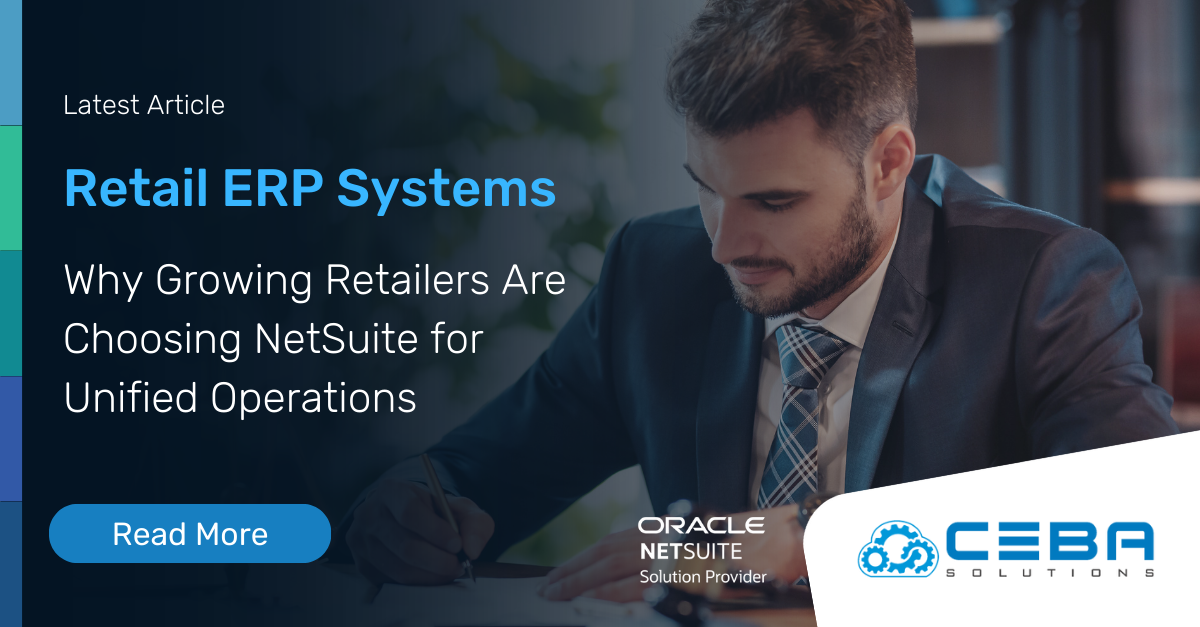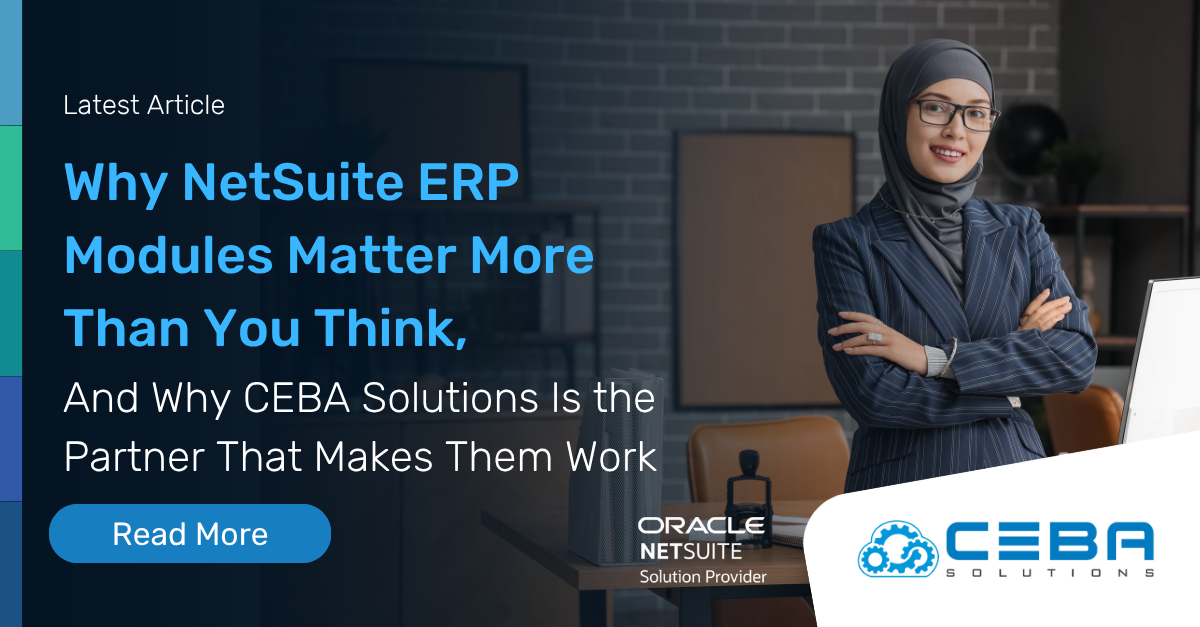
12 Common ERP Implementation Mistakes to Avoid
12 Common ERP Implementation Mistakes to Avoid
Enterprise resource planning (ERP) implementations can be a major undertaking for companies of any size. Depending on their current systems and platforms, there may be manual processes to automate, data to migrate, new workflows to establish, user training sessions to schedule, and entire corporate cultures to shift over to new ways of thinking.
ERP implementation is a complex process, and there are many things that can go wrong. Here are six mistakes that are common during ERP implementations, and how you can avoid them:
1. Not Defining the Business Processes First
One of the most common mistakes made during ERP implementation is not defining the business processes first. This can lead to a lot of rework and confusion later on. To avoid this, make sure to define the business processes upfront and get sign-off from all stakeholders.
2. Not Defining the Project Scope Properly
One of the most common mistakes made during ERP implementations is not properly defining the project scope. This can lead to scope creep, which can cause the project to go over budget and schedule. To avoid this, make sure to define the project scope upfront and get sign-off from all stakeholders.
3. Not Involving End Users in the Process
Another common mistake is not involving end users in the process. This can lead to a lot of rework later on, as users may have different ideas about how the system should work. To avoid this, make sure to involve end users in the process from the beginning. This will help ensure that the system meets their needs.
4. Not Planning for Change
Change is inevitable, and it's important to plan for it during an ERP implementation. This can be anything from changes in business processes to changes in the organizational structure. Not planning for change can lead to disruptions and delays during the implementation.
5. Not Testing Thoroughly
Testing is essential to a successful ERP implementation. It helps ensure that the system works as intended and that all stakeholders are happy with it. However, not all organizations test thoroughly enough. This can lead to issues after go-live. To avoid this, make sure to test thoroughly before going live.
6. Going Live Too Soon
Going live too soon is another common mistake. This can be caused by a number of factors, such as pressure from upper management or a desire to get the system up and running quickly. However, going live too soon can lead to problems, such as incomplete data or missing features. To avoid this, make sure the system is ready before going live.
7. Assuming Your Budget Will Cover Everything.
Everyone has a budget for a technology project, but it often doesn’t account for everything that’s needed for a successful implementation. “Lots of organizations have the ‘Get it done NOW!’ mentality,” NetSuite Practice Director Matt Posey writes, “which causes everyone to rush the process and set unrealistic expectations about what’s actually needed for success.”
8. Poor Resource Allocation.
Posey also tells companies to consider the total impact of the project and to account for everyone’s time and cost. “Be as honest as possible with yourself about how much of your resources’ time you can commit,” Posey writes. “If you plan for the team to give 50% of their time but you only get 25%, you will have some fairly large delays.”
9. Putting IT in the Driver’s Seat.
“An ERP project should never be led by technologists; it should always be led by the business,” Neal Weinberg writes in CIO. He says that the strategic goal of an ERP project should be to help drive innovation that creates new revenue opportunities for the company. “That means getting business leaders involved early in the process and encouraging them to identify pain points, to prioritize areas where key processes could be improved, and to create blue-sky wish lists,” Weinberg points out. “IT leaders might not be able to fulfill all of those wishes, but they certainly will be able to address many of them with ERP technology.”
10. Spending Too Much Time in the Planning Stage.
Planning is important, but so is acting. In fact, too much planning can stagnate an entire implementation project. “It’s important to recognize that conditions on the ground change quickly, and [that] you can’t plan for everything,” Weinberg cautions. “Don’t go overboard with the planning phase to the extent that it stifles progress. If the planning stage takes too long, then the company will be losing out on all of the opportunities and benefits that an ERP upgrade can deliver, while competitors are gaining an advantage.”
11. Excessive Customizations.
In most cases, these occur because companies are afraid of change and instead wind up over-customizing their new ERPs. “I’ve seen companies try to minimize change so much that they demand a lot of customizations of the new product and by the end, they’ve customized themselves right back into the constraints of their legacy systems,” Posey writes. “Change is inevitable, so lead your team to crawl, walk and then run throughout each piece of the project so they can adapt and maximize the use of the new technology.”
12. Migrating Every Single Data Byte.
While your first instinct may be to move everything over to your new system, this isn’t always the best approach. Much like you wouldn’t fill up a brand new laptop with the gigabytes of video files that were bogging down your old one, trying to migrate every single data byte to your new ERP isn’t always smart. “Organizations rarely use most of the data after it’s moved,” Posey writes, “so being honest about what’s actually needed will save a lot of project/service time and give you much better value-add.”
Need Guidance From a NetSuite Implementation Expert?
These are some of the major pitfalls that you should try to avoid when implementing a new ERP system. Fortunately, a reliable, experienced partner like CEBA Systems can shepherd your company through these challenges and put your ERP goals within reach. We’ve helped countless companies successfully upgrade to NetSuite, and we can do the same for you.
About CEBA Solutions
CEBA Solutions is a NetSuite Solution Partner and has years of experience helping companies with their NetSuite implementations. We’ve worked with companies in a wide range of industries, from manufacturing and distribution to software and professional services and we’ve helped them overcome some of the biggest challenges they face when it comes to their NetSuite implementations.
If you are interested in learning more about our unique approach to helping clients stay on track during an implementation or upgrade project, contact us today. Our knowledgeable and helpful staff would be happy to answer any questions you have.




